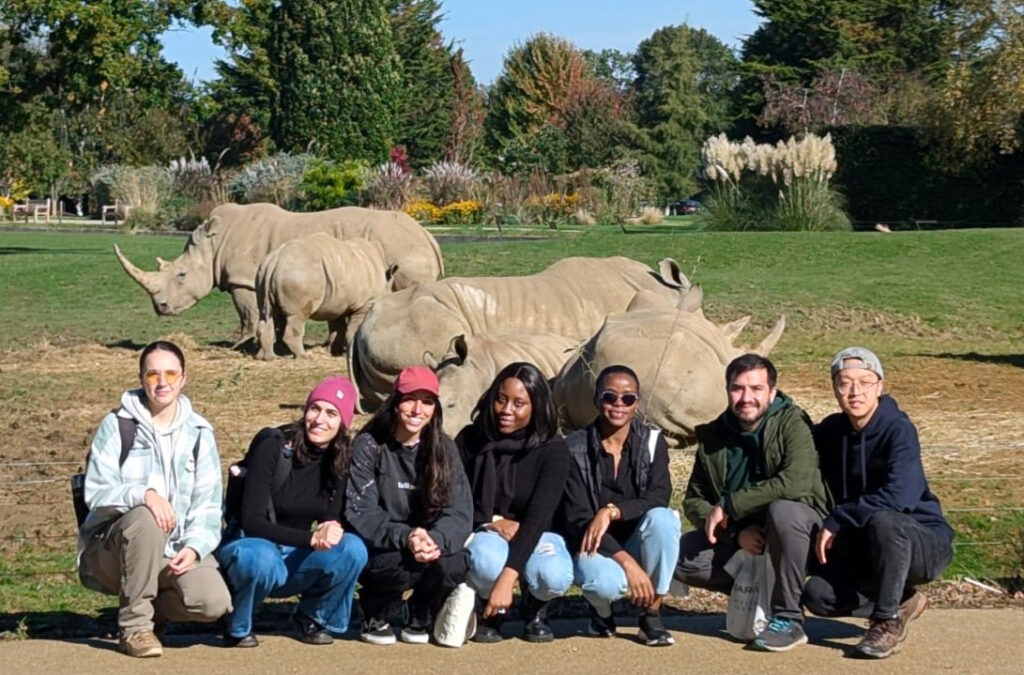Congratulations to the Diploma class of 2024
October 23, 2024Since 2008, WildCRU has welcomed diploma students from around the world to provide world-class, practical training for early career conservationists, developing their knowledge of wildlife ecology and behaviour, and providing mentorship for individual research projects to explore scientific topics and conservation challenges. WildCRU has proudly supported 127 diploma students from 49 countries to date, 97% of whom are from the Global South.
This year, seven talented, aspiring conservationists from biodiversity-rich countries undertook the Recanati-Kaplan Centre Post-Graduate Diploma in International Wildlife Conservation Practice in collaboration with the Department for Continuing Education and funded by Panthera.

Students benefitted from a series of set modules that explored wildlife behaviour, population management, biodiversity monitoring, habitat assessment and human interactions, and provided practical skills such as scientific writing, fundraising and first aid for fieldwork. The diploma students also delved deeper into their chosen research area in their two-phase research project, analysing data to answer conservation questions and bringing a wealth of knowledge from their home countries to enrich the experience for all of the participants.
Before the diploma students departed Tubney House, each presented their research findings to the WildCRU team – a celebration of their dedication to their chosen field and of their time with WildCRU. Lorraine Jowa shared her work on human-wildlife conflict in agricultural communities, with a specific focus on crop raiding and livestock loss. Darya Assil assessed interactions between brown hyaenas and other large predators in Gonarezhou National Park, Zimbabwe, using occupancy modelling. Hua Zhong studied the coexistence of snow leopards, wolves, bharal and livestock in the Quinghai-Tibet Plateau. Mynor Sandoval-Lemus’ research focused on assessing multispecies spatial and temporal changes in the Maya Forest of Guatemala. Melisa Lera shared insights on the predation of Magellanic penguins by pumas in Monte León National Park, Argentina. Ruth (Chansa) Kwabe presented her work on African wild dog habitat selection in the Greater Kafue ecosystem of Zambia. Finally, Taisiia Marchenkova spoke about her research on the intraspecific interactions in Far Eastern leopards and the possible consequences of low genetic diversity.
Congratulations to the wonderful diploma students who studied with us at WildCRU in 2024 and to all of the scientists and staff who taught, mentored and supported them.